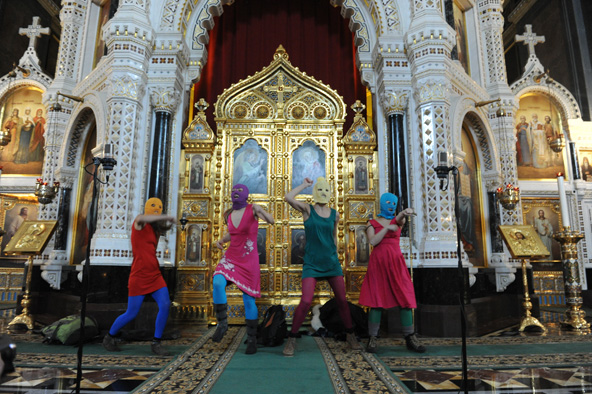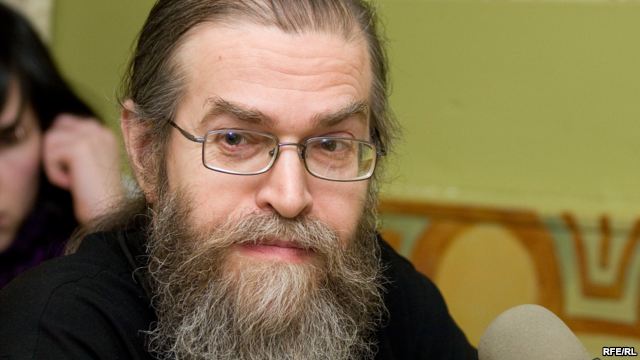Who knew, when I started writing about the Swiss cheese master Tinguely last November, that cheese would become the star of its own foreign policy drama? And yet, here we are. Type “cheese” and “Russia” into twitter’s search field and find a slew of half serious, half ironic stories about Russia’s turn against the evils of Parmesan. Type “сыр” in and find a slew of often pretty funny memes about it (my favorite? Melisandre hovering over Putin’s shoulder, urging him to burn the cheese).
Certainly when I was in Moscow earlier this summer, cheese was a big topic of conversation already, even before the burnings began. (Another sentence I never dreamed I’d write.) My first day in Moscow, at the prompting of a Russian friend, I spent some time looking at the cheese section at a new grocery store, raising my eyebrows at the labels indicating that some cheeses had been imported from Belarus, wondering at the labeling on the “No. 1 in Italy!” mozzarella that had apparently been produced in a nearby province. Later, I heard the saga of the palm oil rumors—the idea that Russia had begun importing huge quantities of palm oil, which was being used to increase the production of processed cheese. Rumors of its dire effects on health ensued, and labels began to appear on cheese, announcing its purity. When I went off to Berlin for a weekend, someone told me to “bring back cheese!” (I didn’t.)


.gif) [http://www.1tvnet.ru/images/news_pic_Krasotin%2520sam%2520skoro%2520nauchitsya/735776%20(1).gif]
[http://www.1tvnet.ru/images/news_pic_Krasotin%2520sam%2520skoro%2520nauchitsya/735776%20(1).gif]